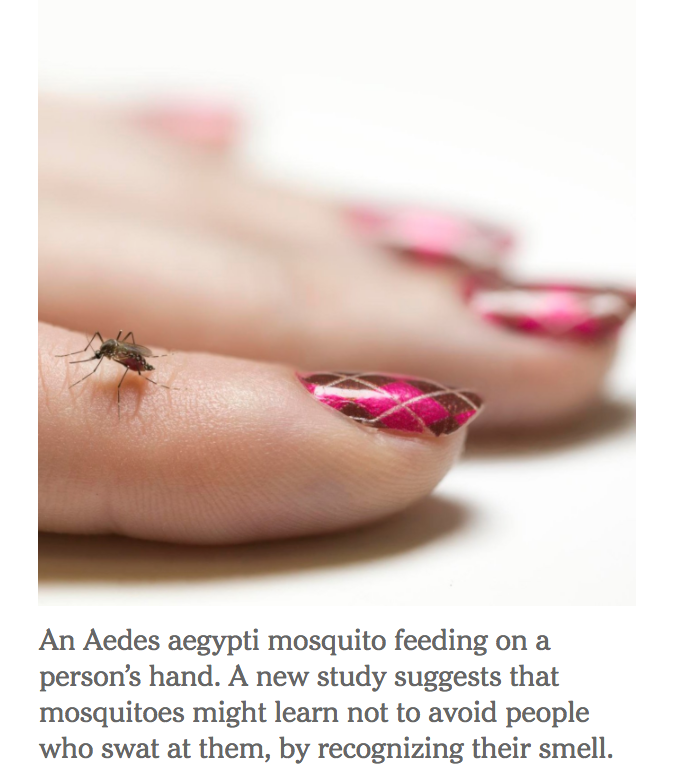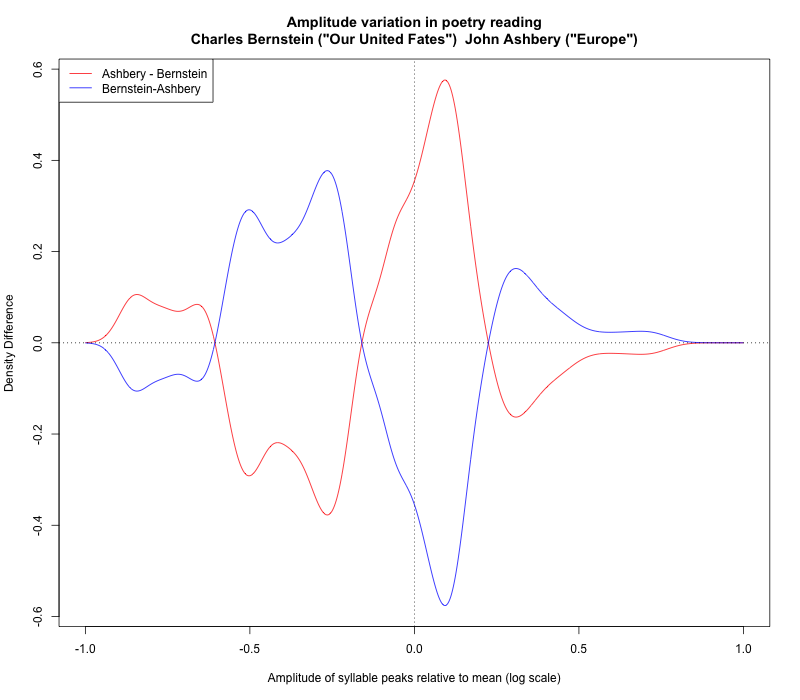A productive-ass suffix
Currently making the rounds is a video from Conan showing a standup appearance by the Finnish comedian Ismo Leikola. In his experience of learning English as a second language, he says, "I think the hardest word to truly master has been the word ass." He muses on the peculiar application of -ass as a slangy suffix in words like lazy-ass, long-ass, grown-ass, bad-ass, and dumb-ass.
Stan Carey discussed the video on the Strong Language blog ("A paradoxical-ass word"), and he links to Mark Liberman's 2014 roundup of scholarship on -ass (on Language Log and elsewhere), "Ignoble-ass citation practices."
Read the rest of this entry »



